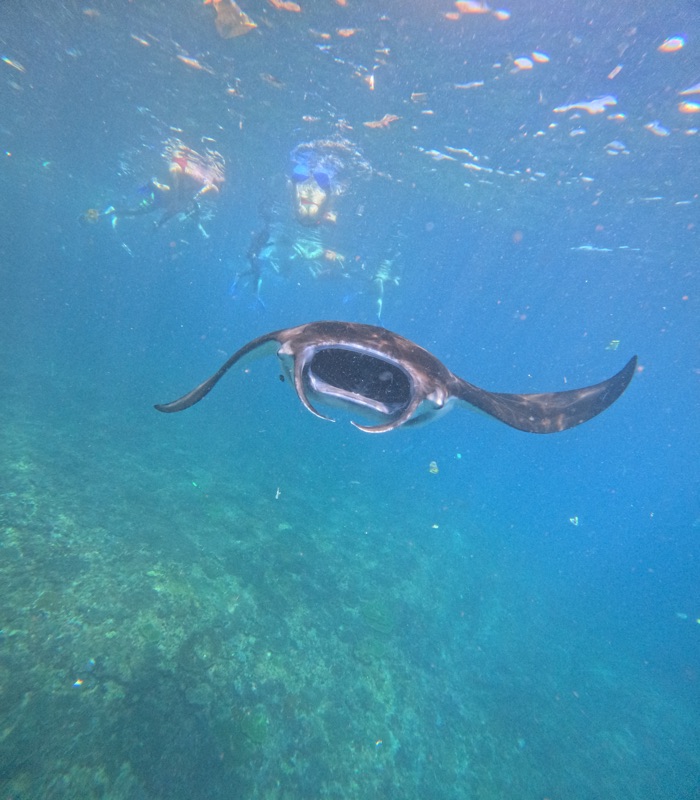Is Bali due a tourist cleanse?
I spent just under 2 weeks visiting Bali this April. Having always been labelled as a top holiday destination for its beauty and party life, I was very excited to be there. With a friend, I visited Kuta, Sanur, Nusa Penida and Ubud. Although the Island is a stunning place, filled with great beaches and nice bars, a lesser addressed topic is the massive leech that clings onto Bali: tourism.
We met a friend, Ngurah, who we spent a day with in Ubud. He shared with us that during Covid19, Bali barely survived. He explained how the entirety of trades on the Island revolve around tourism, therefore, when nobody was visiting, the locals made no money. This made me think, at what point did Bali transition from being a self sufficient Island, to entirely reliant on income from tourists?
Although tourism brings a great deal of income to Bali, it also inadvertently destroys nature, as well as the tranquility of the small islands nearby.
We decided to book a snorkelling trip to Manta Point, an area known for having many sightings of the stunning manta ray. We arrived, jumped in the water, and were shocked to be greeted by waters teeming with plastic cups, bin bags, cans- and this was just the beginning.
 Manta point is found by the southern part of Nusa Penida, an Island beside Bali. There is a rubbish collection point on the island, however research suggests that the river run off into the ocean is the primary cause of this rubbish ending up in the ocean. The key question about this; why is anyone dumping rubbish in the river in the first place?
Manta point is found by the southern part of Nusa Penida, an Island beside Bali. There is a rubbish collection point on the island, however research suggests that the river run off into the ocean is the primary cause of this rubbish ending up in the ocean. The key question about this; why is anyone dumping rubbish in the river in the first place?
The rubbish in the sea is only half the problem. A blanket of rubbish coats many of the beaches, piles of empty coconuts by shops, bags upon bags of rubbish that never seem to move, and a problem that only grows larger as the tourist numbers creep up year by year.
That same snorkelling trip we took also gave us the opportunity to look at an extensive coral reef north of manta point. Having spent 6 weeks in Australia prior to Bali, I had been made aware that touching/standing on the coral causes it great damage. However, the lack of education by the staff meant that large number of people proceeded to stand on it, and unknowingly kick it with their flippers. The responsibility is not on these people, but instead either the lack of care/knowledge the staff had for the marine life. Could it be possible that these staff have been employed by companies for their cheap rates, without question of their knowledge of the ocean?Maximising income by neglecting their duty of care to the environment.
These are just two examples of an entire island consumed by tourism, from endless tattoo and massage shops, to hundreds of the same dresses with seams falling apart, to hundreds of flower hair clips broken within two minutes,
and to being sold a SHEIN bikini as if it were made by God himself.
It cannot be denied that Bali and the neighbouring island Penida struggle with the overwhelming volume of rubbish generated by overconsumption by tourists, so at what point should tourism be limited so as to not destroy the nature? A statistic last year revealed that the Bali tourist levy alone generated $31 million. This prompts the question of whether this money is really used to offset the effects of tourism, e.g by creating an infrastructure to recycle materials, rather than shipping them to Java, or by removing the loose rubbish from beaches/streets.
Visiting Bali was a fantastic experience, however the longer one stays there, the more apparent it becomes that respect has been lost for it, and tourism is engulfing its beauty.
so, is Bali due a tourist cleanse?
By Lucy Peek
Comments
Post a Comment